In Washington State, 10.7% of all adults are in need of substance abuse treatment, yet in King County, 69.6% of adults in need of treatment do not receive it. In the City of Seattle, it is estimated that 46-70% of homeless women and men report having substance abuse issues. The following are FREE substance abuse resources.
Substance abuse treatment resources
Recovery Café is a community of women and men who have been traumatized by homelessness, addiction and other mental health challenges coming to know themselves as loved with gifts to share. The community is founded on the belief that every human being is precious, worthy of love and belonging, and deserves opportunities to fulfill his or her potential regardless of past trauma, mental and emotional anguish, addictive behaviors or mistakes made.
Whether in crisis, new to recovery, in long-term recovery, after a relapse, during a difficult life change, or mental health transition, the Café is a place of support and stability for all individuals seeking to break the cycle of destruction and despair. The Café is a clean and sober place where you can experience strength and the hope of other recovering people.
There are three basic ways to get help at Recovery Café:
- use online resources (including telephone help lines, AA groups, treatment options, and help with domestic violence)
- take free classes (find a passion, develop skills, find mentors, build relationships)
- join as a member (when you’re ready, Membership at Recovery Café is a great opportunity to find stability)
To get help in any of these ways, stop by Tuesday-Saturday, 12:00-5:30pm. Recovery Cafe, 2022 Boren Avenue, Seattle, WA 98121. Phone: 206.374.8731.
HIV-prevention for gay, bi and trans men
Project NEON (Needle and Sex Education Outreach Network) is an HIV-prevention program for gay, bi and trans men affected by crystal methamphetamine. The program is geared towards men who are actively using as well as those in recovery.
NEON in no way promotes or encourages the use of methamphetamine. Instead, NEON seeks to help individuals minimize the harms associated with use of this controlled substance.
All NEON services are free. Project Neon sponsors a range of activities that provide education and support for all gay/bisexual men who use crystal, from those who are actively using to those who want to cut down or quit.
NEON’s philosophies are rooted in the concept of harm reduction and the belief that all individuals are capable of making life-enhancing decisions, regardless of their drug use. NEON supports informed choice based on accurate and truthful education.
Opioid Treatment and Other Substance Abuse Disorders
If you have King County Medicaid through the Department of Social and Health Services OR you have an income that meets the federal poverty guidelines, you can get the help you need with substance use disorders. In Washington State, Medicaid is called Apple Health. Find out if you are eligible for Apple Health.
If you don’t quality for King County Health Services, then your first step in getting help with substance use disorders is to apply for state medical insurance. Find a plan that fits your budget.
The WA Recovery Help Line is a 24-hour crisis intervention and referral line for those struggling with issues related to mental health, substance abuse, and problem gambling. Professionally trained volunteers and staff provide confidential support and referrals to detox, treatment, and recovery support groups. Call 866.789.1511.
Free needle exchange in Seattle and King County
Needle exchange is a Seattle & King County Public Health outreach program for people who use drugs intravenously (inject drugs into a vein with a needle). Seattle’s program began operating in 1989. The King County Needle Exchange Program provides new sterile syringes in a one-for-one exchange for used syringes and then safely disposes of the used syringes.
Needle exchange is an important component of a comprehensive set of programs designed to reduce the spread of HIV and other blood-borne infections among injection drug users, their families and our communities. Without a vaccine or a cure, prevention is the only tool we have to control the spread of HIV.
There are an estimated 18,000-20,000 injection drug users (IDU) who live in King County. Needle exchange is the most effective strategy available to prevent HIV in IDU who are not in treatment. It also protects non-injecting family members and sex partners.
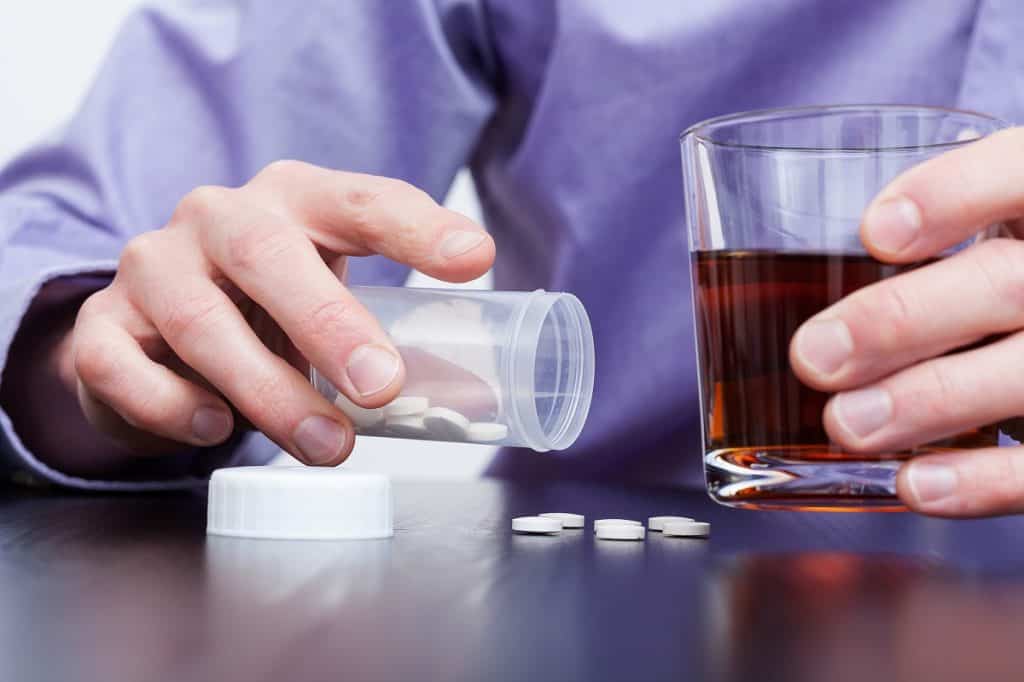

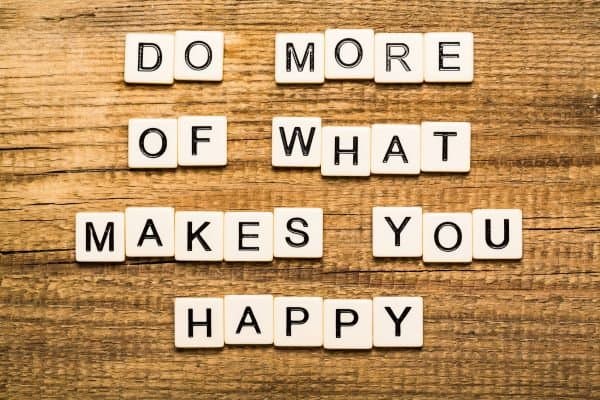
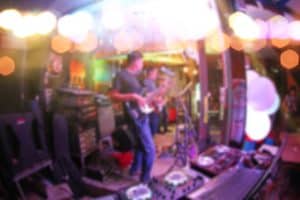
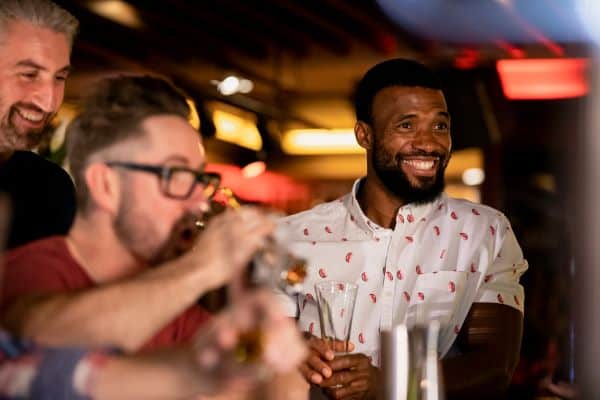
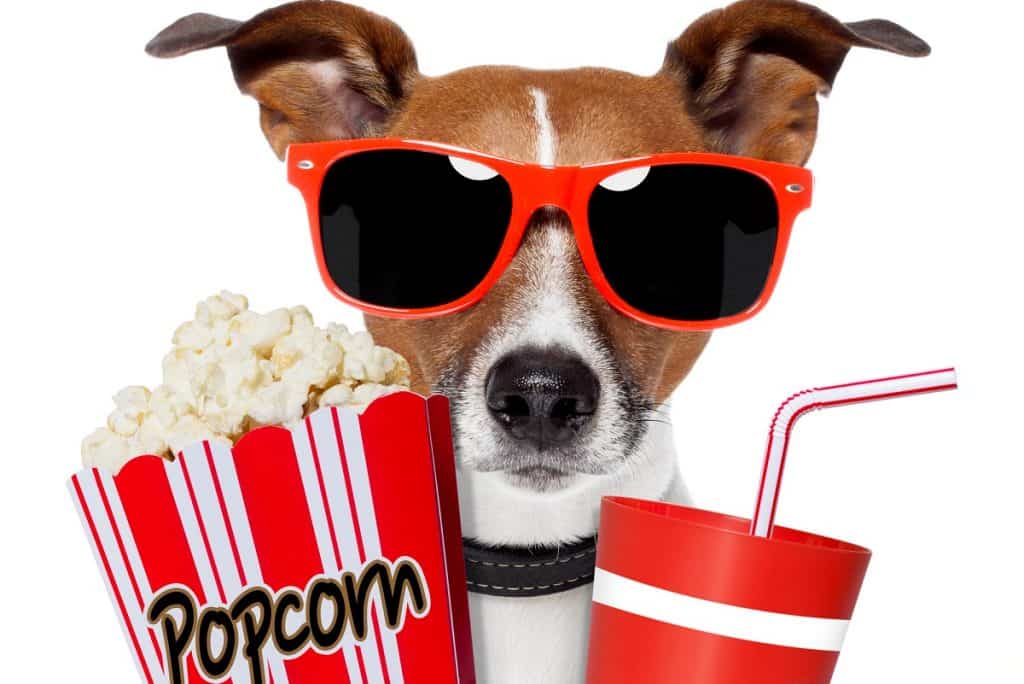
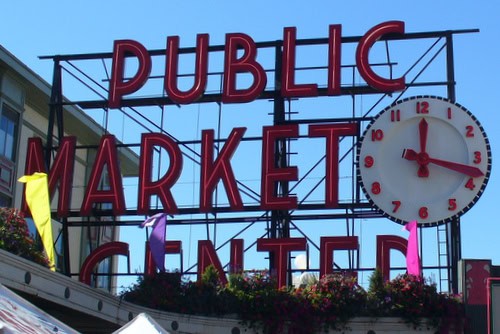
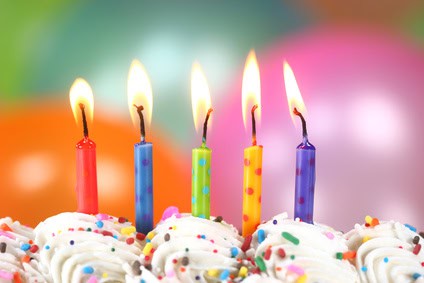
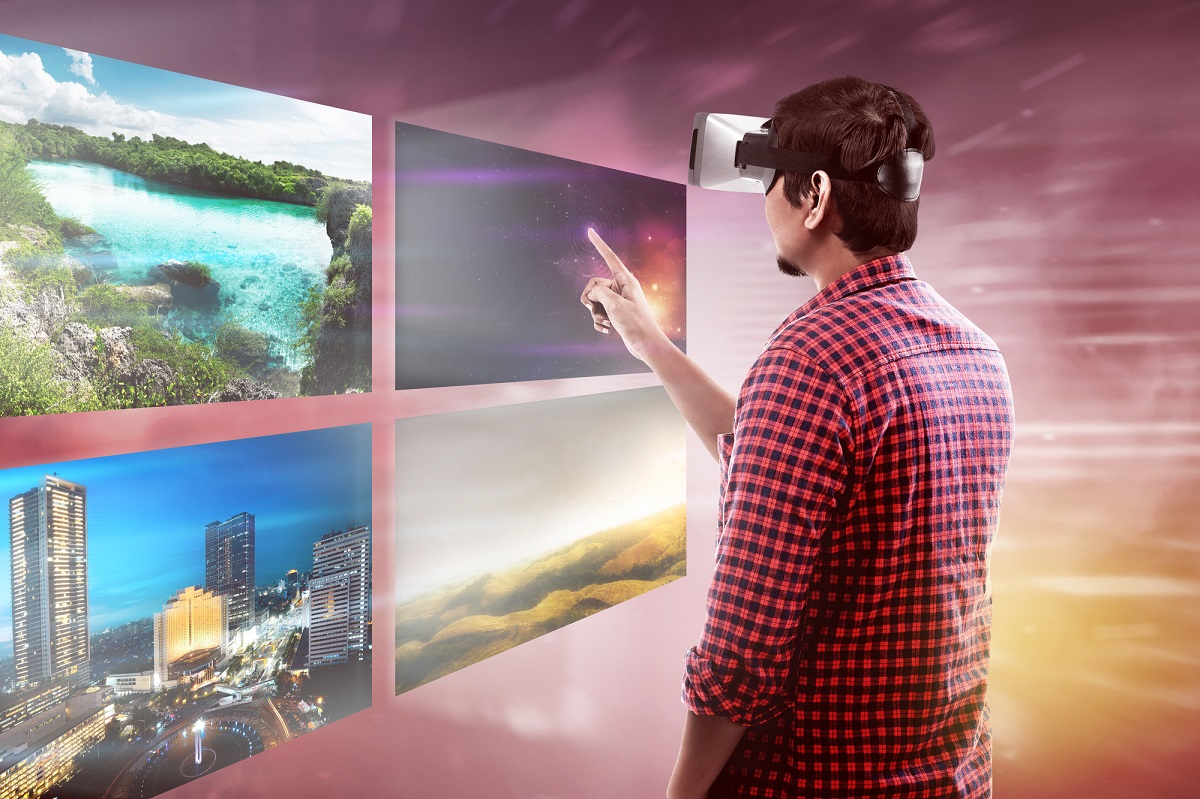
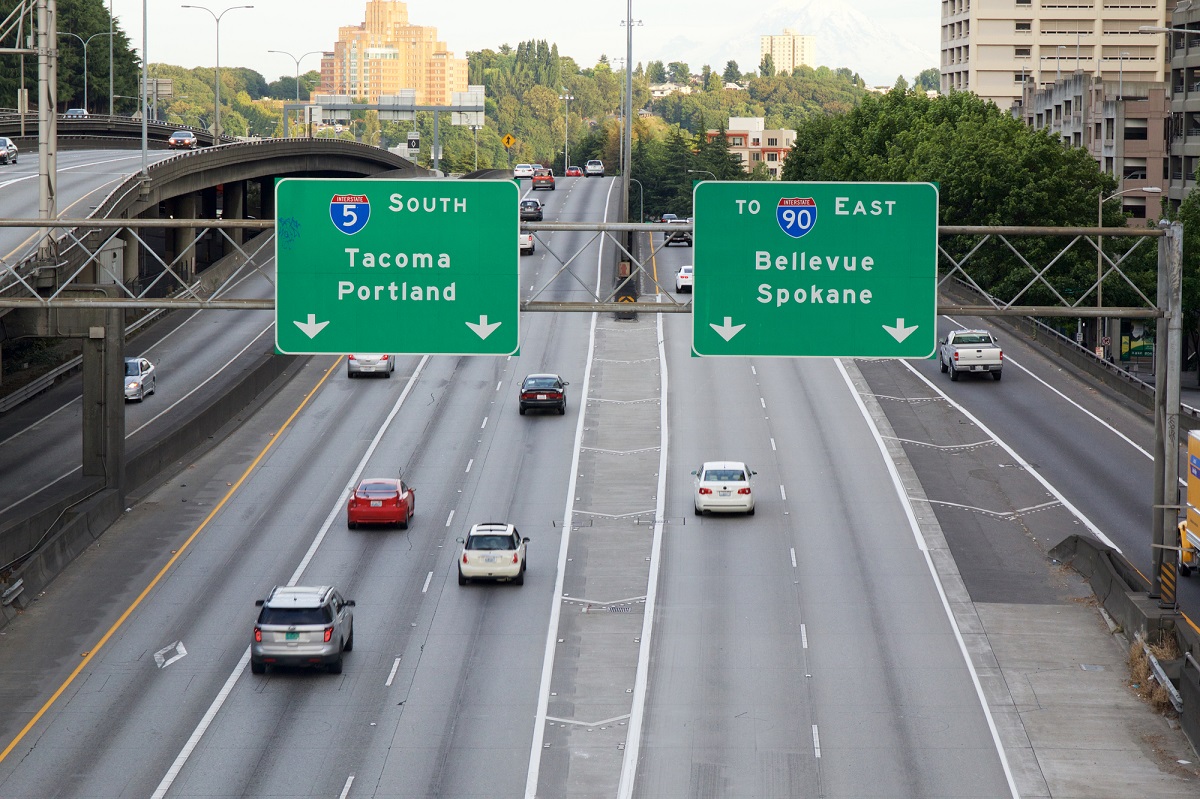
Nathaniel Shaw, artist Bebop says
Want to commend my home of Seattle for the Needle Exchange program. I recall when it was implemented and how I volunteered some of my time during my days of serender from substance abuse. Want to come home one day and hope I can be of help as I have achieved some education and other achievements now in my years of recovery. Does anybody recall the Seattle Conservation Corps? It is a program I was deeply involved that helped me achieve my day of surender.
stephen says
Like to know where a good place to have blood tested for everything if you could send me a few places that be great thank you .have a dry sunny day peace